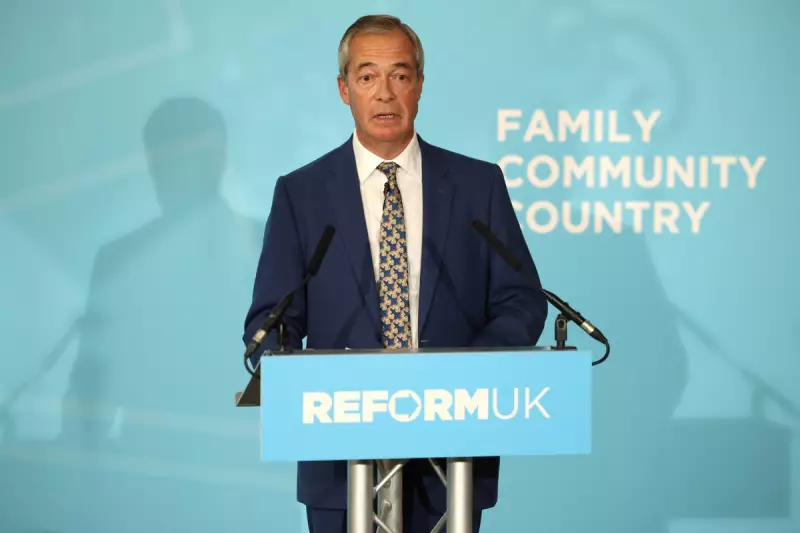
Nigel Farage, the leader of Reform UK, has become embroiled in a fresh controversy after being accused of using a homophobic slur during a televised election debate. The incident occurred on the BBC's flagship Question Time programme, sending shockwaves through the political landscape just weeks before the general election.
The Question Time Flashpoint
During a heated exchange, Mr Farage was challenged by an audience member from the LGBTQ+ community about his previous associations and comments. In his response, aimed at criticising the state of the National Health Service, the Reform UK leader allegedly used a derogatory term to describe the health service. The remark was immediately met with audible gasps within the studio audience.
Swift Condemnation and Backlash
LGBTQ+ advocacy groups and political opponents were quick to condemn the language used. A spokesman for the LGBTQ+ charity Stonewall stated, "Such language from a political leader is utterly unacceptable and has no place in our public discourse. It reinforces harmful stereotypes and creates a more divisive atmosphere."
Senior Conservatives, while battling Reform UK for votes, also distanced themselves from the comments. A source within the Conservative campaign described the language as "disappointing and unnecessary," highlighting the need for respectful debate.
Reform UK's Defence
In the immediate aftermath, representatives for Reform UK and Mr Farage offered a defence. They argued that his comments were taken out of context and were not intended as a slur against any individual or community, but rather as a criticism of bureaucratic inefficiency. This justification has done little to quell the anger from many viewers and political commentators.
Political Repercussions
This incident threatens to overshadow Reform UK's core campaign messaging on immigration and the economy. Political analysts suggest that such controversies could alienate moderate voters while potentially solidifying Mr Farage's support amongst his base. The timing is particularly sensitive, with leaders aiming to present a polished and professional image in the final stretch of campaigning.
The fallout continues to develop, with calls for a public apology growing louder. The episode underscores the intense scrutiny faced by all parties in a tightly contested election and the powerful impact of language in modern political warfare.






